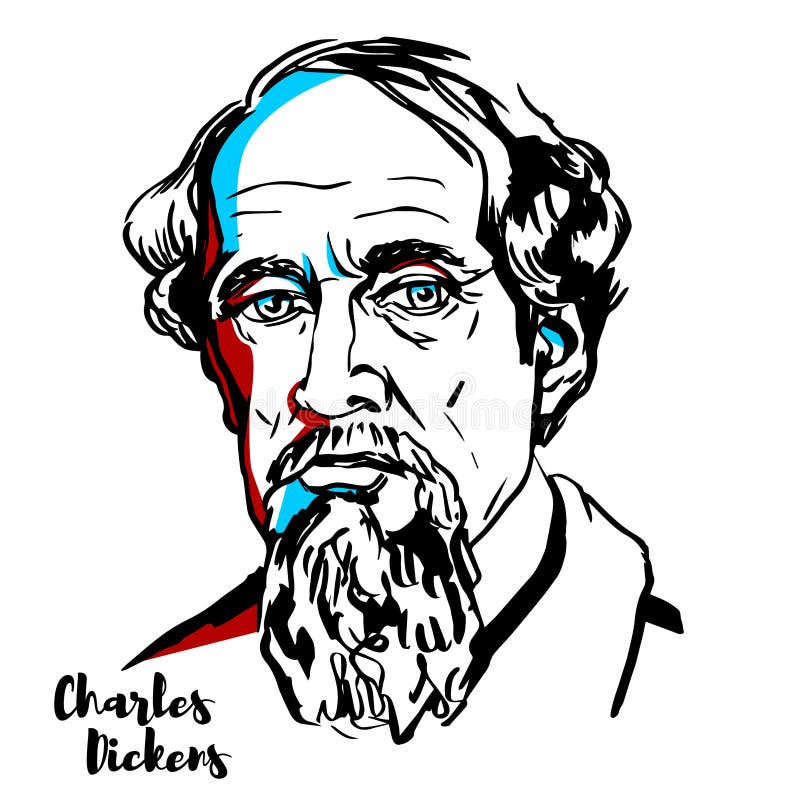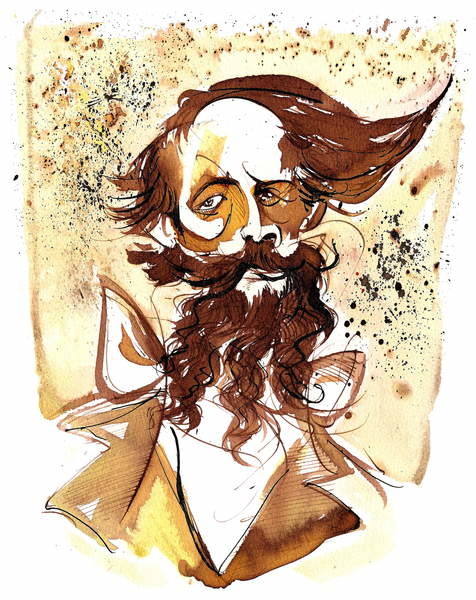

However, important though he undoubtedly was, Dickens did not create Christmas. “Dickens, it may truly be said, is Christmas,” said the literature scholar VH Allemandy in 1921. It’s believed that parts of the novel were inspired by Dickens’s own life: as a 12-year-old, around the time that his father was in debtors’ prison, he’d been forced into work, while Tiny Tim is thought to have been based on Dickens’s own nephew – who did not survive childhood. The new Scrooge is described as a good man who embodies the true spirit of Christmas. He gives money to charity, spends Christmas with his family, sends a turkey to the Cratchit family and gives Bob a pay rise. Horrified at seeing his own, unmourned death, and the fates of those around him due to his carelessness, Scrooge eventually repents.

He witnesses the hardships suffered by the family of Bob Cratchit (his underpaid clerk) and is shown what the Cratchits’ future might be without Scrooge’s help – poverty and the untimely death of the sickly Tiny Tim. Charles Dickens (1812-1870) is probably the greatest novelist England has ever produced, the author of such well-known classics as A Christmas Carol, Great Expectations, David Copperfield and Oliver Twist.His innate comic genius and shrewd depictions of Victorian life along with his indelible characters have made his books beloved by readers the world over. Scrooge is then visited by three spirits of Christmas – past, present and future. Charles Dickens father was a clerk at the Naval Pay Office, and because of this the family had to move from place to. On Christmas Eve, Scrooge is visited by the ghost of his dead business partner, Jacob Marley, who warns him that if he continues down his path of greed and selfishness, he will spend eternity in torment like Marley. It’s the story of Ebenezer Scrooge, a miserly moneylender who hates Christmas and cares for nobody except himself. In A Christmas Carol, Dickens found a subtle way of highlighting the plight of the poor. Born in 1812, Charles Dickens lived for 58 years, creating some of the great masterpieces of English literature, including his 1843 A Christmas Carol (whose.
CHARLES DICKENS FREE
He had also been moved by his visits to ‘ragged schools’ – free charity schools that educated destitute children. Dickens had recently returned from a tour of northern England, where he had witnessed the struggles of everyday life for Britain’s poor. Discover timeless favourites from The Jungle Book and Alice’s Adventures in Wonderland to modern classics such as The Boy in the Striped Pyjamas and The Curious Incident of the Dog in the Night-Time.The writer and social critic’s motives were wider than simply telling a good story and the obvious financial benefits. Vintage Children’s Classics is a twenty-first century classics list aimed at 8-12 year olds and the adults in their lives. Includes exclusive material: In ‘The Backstory’ you can learn about Victorian convicts and the alternative ending to Great Expectations! Megan Clement, The Conversation Josephine Lethbridge, The Conversation Paul Keaveny, The. A blacksmith's apprentice could never hope to win Estella, but then, young Pip's future might not turn out quite as expected. From Charles Dickens to woolly mammoths: great long reads of 2020.

CHARLES DICKENS FULL
Pip is more troubled by his visits to strange old Miss Havisham - her decaying wedding dress and the house full of memories - and the beautiful girl Estella who makes him ashamed of his country manners and coarse hands. One would have thought, considering the nature of the ground, that he could not have doubted from what quarter the voice came but, instead of looking. Little orphan Pip scarcely imagines how a terrifying encounter with a convict on the lonely marshes will later transform his life. When he heard a voice thus calling to him, he was standing at the door of his box, with a flag in his hand, furled round its short pole. Charles Dickens is one of the most famous writers of the 19th century, and his books are still loved by people all over the world. 'Hold your noise! Keep still, you little devil, or I'll cut your throat!'


 0 kommentar(er)
0 kommentar(er)
